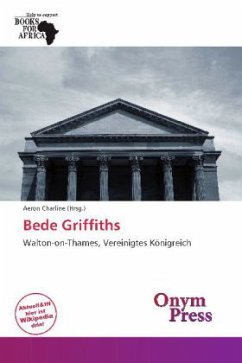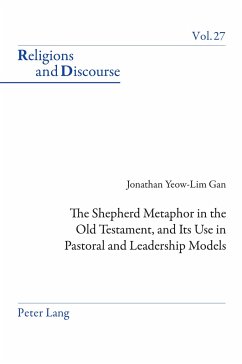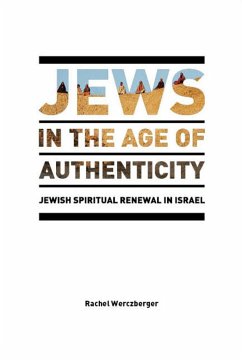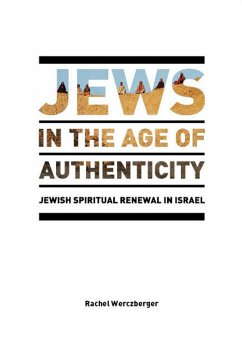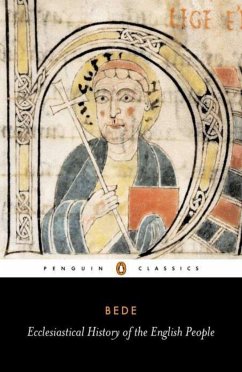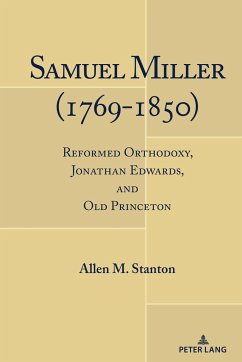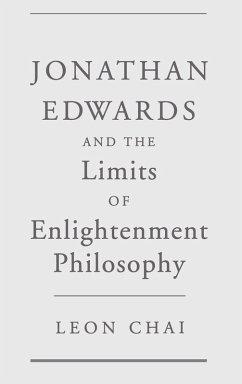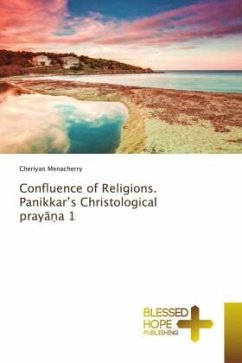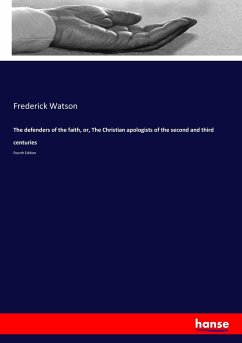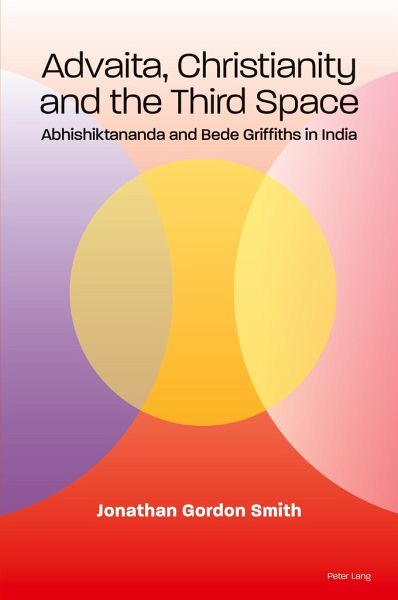
Advaita, Christianity and the Third Space
Abhishiktananda and Bede Griffiths in India
Versandkostenfrei!
Versandfertig in 6-10 Tagen
62,80 €
inkl. MwSt.
Weitere Ausgaben:

PAYBACK Punkte
0 °P sammeln!
This book examines the space of meeting between two religions that open up when there are honest attempts at interreligious learning. Taking Abhishiktananda and Bede Griffiths as examplars, and the meeting between Advaita Vedanta and Christianity, the nature of the theological movements within this 'Third Space' are identified, and the resultant hybridities are assessed for their relevance to each tradition. After brief biographical sketches, the author considers how these two monks related to the Indian space and the background of colonial history, and then proceeds to use comparative theolog...
This book examines the space of meeting between two religions that open up when there are honest attempts at interreligious learning. Taking Abhishiktananda and Bede Griffiths as examplars, and the meeting between Advaita Vedanta and Christianity, the nature of the theological movements within this 'Third Space' are identified, and the resultant hybridities are assessed for their relevance to each tradition. After brief biographical sketches, the author considers how these two monks related to the Indian space and the background of colonial history, and then proceeds to use comparative theology and postcolonial theory to examine their theology. Third Space Theory provides insights into the process of hybridization that is taking place, leading to an appreciation of the importance and challenge in the modern world of Third Spaces of meeting.
«Jonathan Smith provides important explorations and reflections on a 'third space' and the contribution of a postcolonial theology to the understanding of Christianity and Hinduism. It is a fresh and new challenging work on Abhishiktananda and Bede Griffiths.»
Professor Mario I. Aguilar, Director of the Centre for the Study of
Religion and Politics, University of St. Andrews
«This is a deeply learned and skilful exercise in interweaving resources of postcolonial theory and interreligious dialogue which highlights the multiple processes of conjunction, disjunction, opposition, and osmosis that dynamically shape the in-between domains of Hindu-Christian engagements».
Dr Ankur Barua, Lecturer in Hindu Studies, Faculty of Divinity,
University of Cambridge
«Jonathan Smith provides important explorations and reflections on a 'third space' and the contribution of a postcolonial theology to the understanding of Christianity and Hinduism. It is a fresh and new challenging work on Abhishiktananda and Bede Griffiths.»
Professor Mario I. Aguilar, Director of the Centre for the Study of
Religion and Politics, University of St. Andrews
«This is a deeply learned and skilful exercise in interweaving resources of postcolonial theory and interreligious dialogue which highlights the multiple processes of conjunction, disjunction, opposition, and osmosis that dynamically shape the in-between domains of Hindu-Christian engagements».
Dr Ankur Barua, Lecturer in Hindu Studies, Faculty of Divinity,
University of Cambridge





